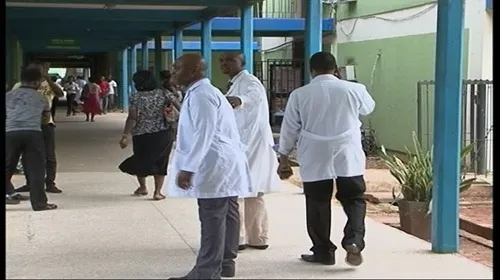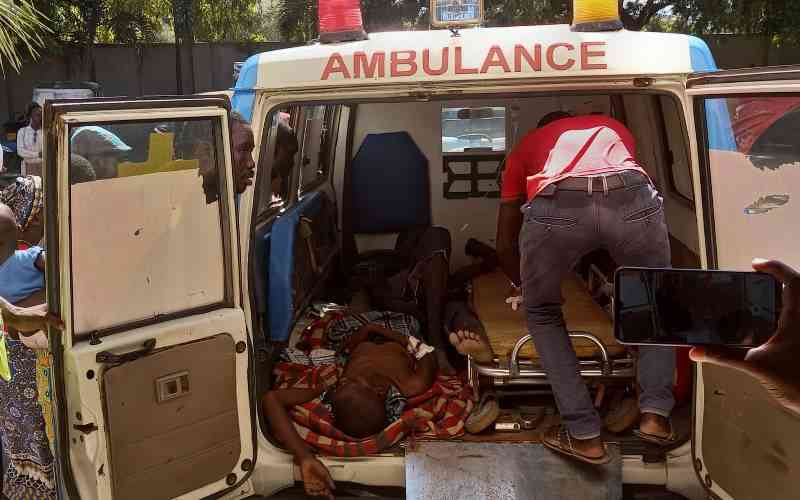
In Ogbomoso, Oyo State, doctors at the Ladoke Akintola University of Technology Teaching Hospital (LAUTECH) initiated an industrial action on Monday, citing poor conditions of service as the primary reason. This industrial action was called for by the hospital’s chapter of the Medical and Dental Association of Nigeria (MDCAN), with its Chairman, Dr. Ayobami Alabi, and Secretary, Dr. Taiwo Alatishe, making the announcement in an official statement.
The decision to begin the strike was made following a Congress resolution that came after the expiration of an ultimatum previously issued. According to the MDCAN chapter at LAUTECH, a thorough evaluation of the situation in the hospital showed no definitive assurance that the issues in contention would be resolved either partially or completely in the near future.
The association at LAUTECH expressed its deep concern for the hospital’s state, stating that it had made numerous attempts in the past to prevent the hospital from collapsing completely and to reposition it for better training, research, and services in line with its founding mission. The association deemed the ongoing non-payment of salaries to its recently employed members as unacceptable and criticized the “delay and difficulty” in the payment of salary arrears from 2016 to 2017 by the hospital’s management.
Additionally, the MDCAN highlighted other issues in contention, such as the shortage of manpower across different cadres of doctors, including consultants, specialists in various fields, resident doctors, specialists in training, and house officers. They pointed out that the recommended ratio of doctors necessary to function in a tertiary hospital has been severely compromised, undermining the quality of training and services provided.
The persistent inability of the hospital management to hire more doctors and staff, which they claim is due to a lack of funds, has resulted in a failure to expand the scope of training and services. Furthermore, the MDCAN lamented the decay in the hospital’s infrastructure, equipment, and facilities, asserting that it has caused the hospital to operate far below the expected standard for a teaching hospital.
The association detailed the poor conditions of service, which include the absence of basic facilities like offices for consultants and a lack of response from the management, despite years of appeals. Industrial action is being taken as a last resort to protect the hospital from total collapse and to reposition it for improved training, research, and services.
The MDCAN expressed its disappointment at the hospital board’s failure to provide satisfactory solutions to these challenges over the years, despite numerous attempts at engagement, tolerance, and understanding. They condemned this treatment as both anti-labor and inhumane, noting the psychological and emotional trauma endured by the affected staff.
As the hospital’s management struggles to provide the basic amenities necessary for effective service delivery, the MDCAN has called upon the public, traditional rulers, critical stakeholders, and the state government to intervene and help rescue the teaching hospital, enabling it to achieve better outcomes in the future.











